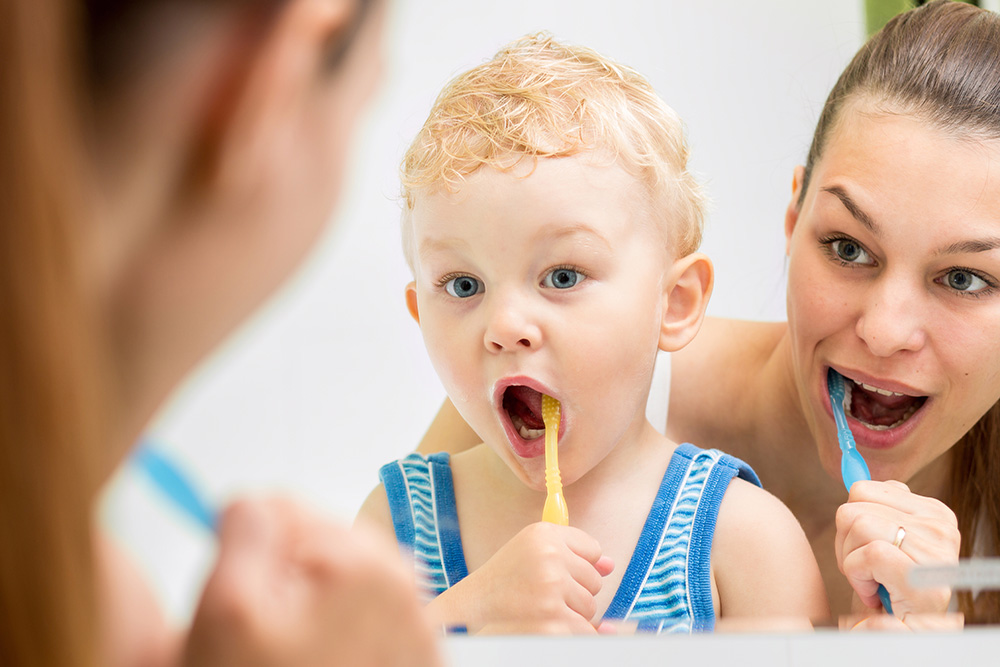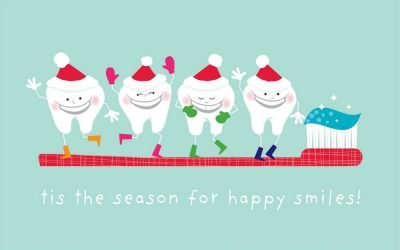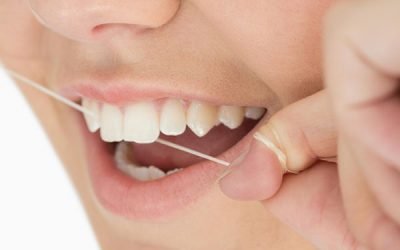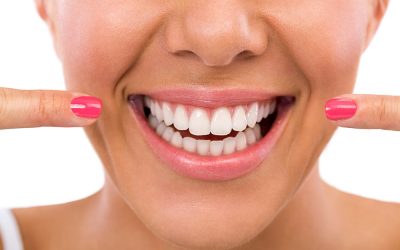Did you know that tooth decay is five times more recurrent in Australian children than asthma? And according to the Australian Dental Association, more than half of all Australian six-year-olds have some decay in their baby teeth. Children are prone to tooth decay because the enamel on baby teeth is much thinner and softer than it is on adult teeth. Tooth decay is on the rise in Australia, however there are many preventative measures you can take to ensure your children maintain their oral health and hygiene.
Teach them young
Experts recommend that you take your child to their first dentist visit when their first tooth begins to grow in, or when they turn one. While it’s easy to assume that they don’t need to see a dentist until their full set of teeth have grown in, it’s important to remember that dentistry isn’t just about teeth. Dentists are also concerned about checking your child’s gums and the inside of the mouth. It is recommended that after their first visit, you bring your child back for a check-up every six months.
Regular dental visits aren’t just important for preventative care. They are also very significant in encouraging your kids to feel comfortable with their dentist. Children are often frightened of going to the dentist, so making them familiar with the dental environment and routines will allow them to realise that there is nothing to be afraid of. It will also encourage them to maintain a much healthier oral hygiene routine, which means they’ll have less problems to be afraid of anyway, in the future.
Get them into a proper routine
Parents commonly help their children brush their teeth until the age of seven or eight. After that, it’s important to continue to supervise them to ensure they’re brushing their teeth for at least two minutes. Some kids find this difficult, so here’s a tip – play their favourite song to help them time the full two minutes. Similarly, you can buy kids toothbrushes that play music to help them time their routine.
Their morning and night routines should also involve flossing and mouthwash.
Feed them a healthy diet
The enemy of children’s tooth enamel is sugary foods and drinks. A healthy diet for teeth is one that includes plenty of water, fruits, vegetables, cheese, milk, and fish, and one that avoids lollies, soft drinks, sports drinks and artificial juices.
Stay on top of corrective treatment
Misaligned teeth are common in pre-teens and teenagers. You may be unsure whether to begin corrective treatment (such as braces) before your child loses all their baby teeth or before they get their wisdom teeth out. Like most treatments, the answer to this is different for every patient. It’s best to visit your dentist early for a consultation on whether corrective treatment is appropriate for your child at this point in time.
Remember that crooked or crowded teeth are not just a cosmetic or self-esteem issue. Misaligned teeth can cause an array of serious health concerns:
- An incorrect bite. Malocclusion is the correct term for a misaligned jaw, or in other words, an overbite or an underbite.
- Excess wear. When the teeth don’t fit in place, they’re far more likely to cause excess wear and tear which can result in cracked teeth or jaw strain.
- Speech difficulties. Misaligned teeth can affect a child’s articulation, so it’s best to handle this while they’re young to prevent speech problems in the future.
- Periodontal disease. Crooked or crowded teeth are often much harder to clean thoroughly than straight teeth. An improper oral hygiene routine can result in gum disease or early onset tooth decay.
Is your child due for a dental check-up? Castlemaine Smiles is your trusted dentist, providing high quality, gentle children’s dentistry. Call us today to discuss whether your child is eligible for free dental treatment on (03) 5472 1377 or book an appointment here.






